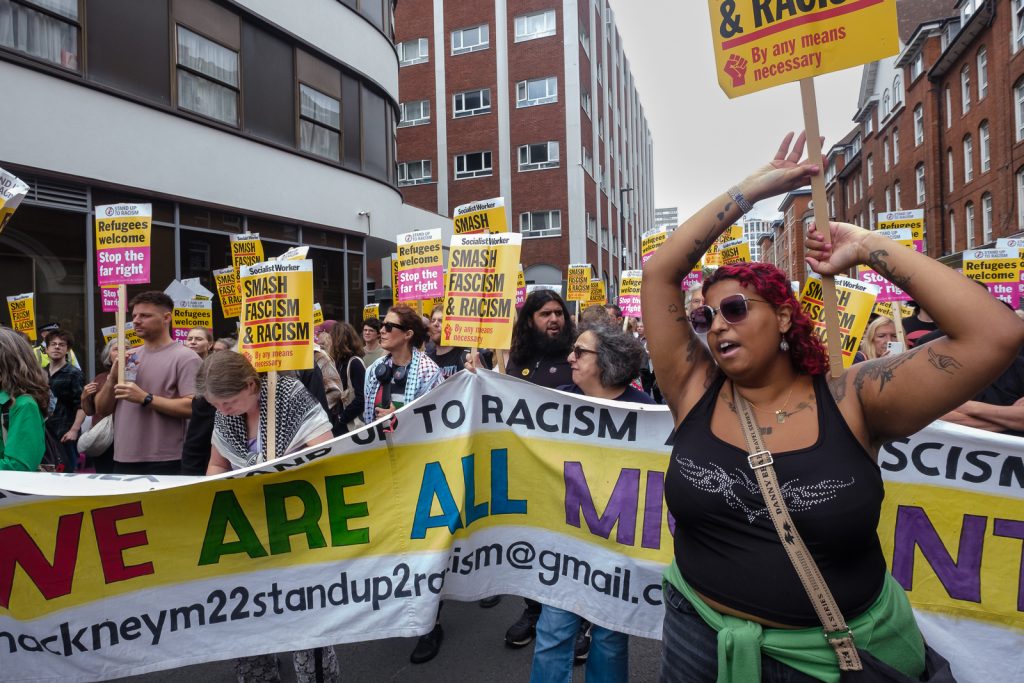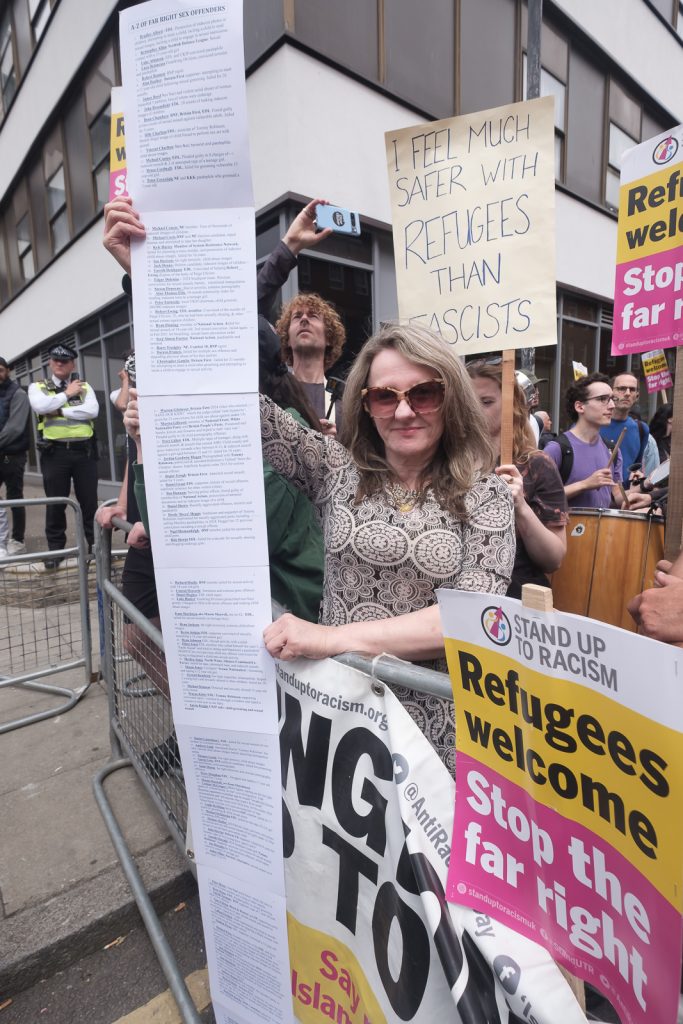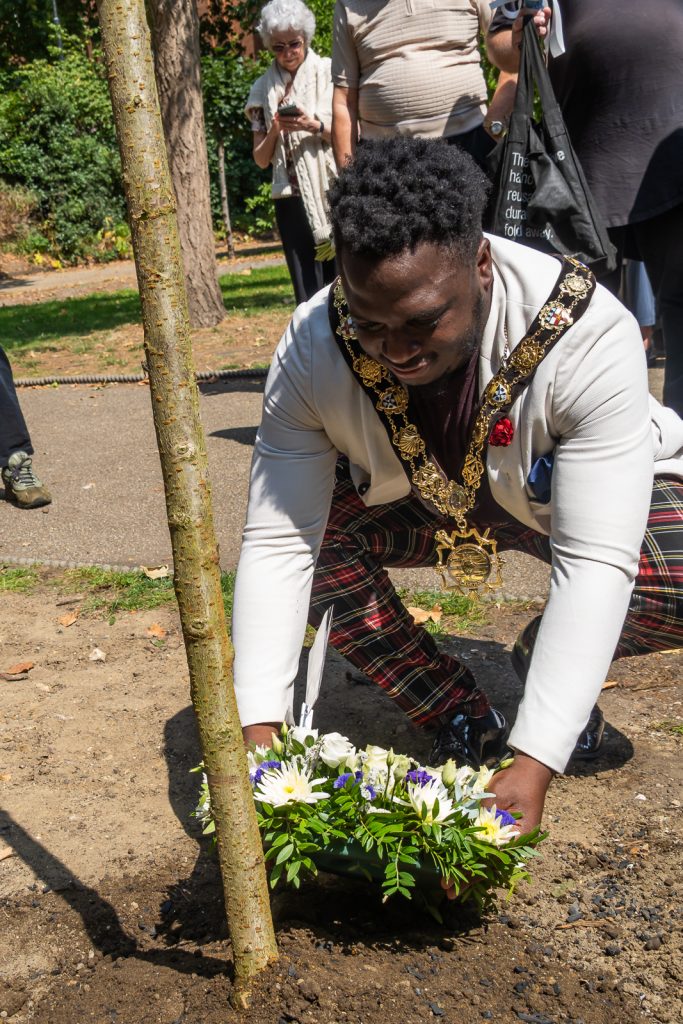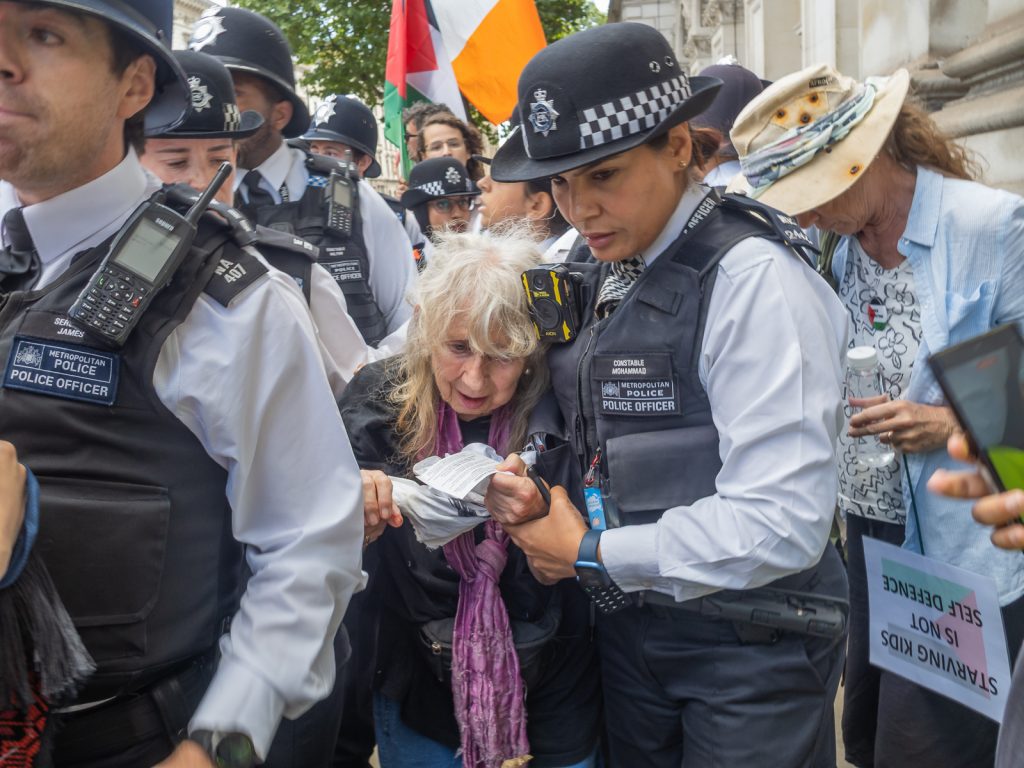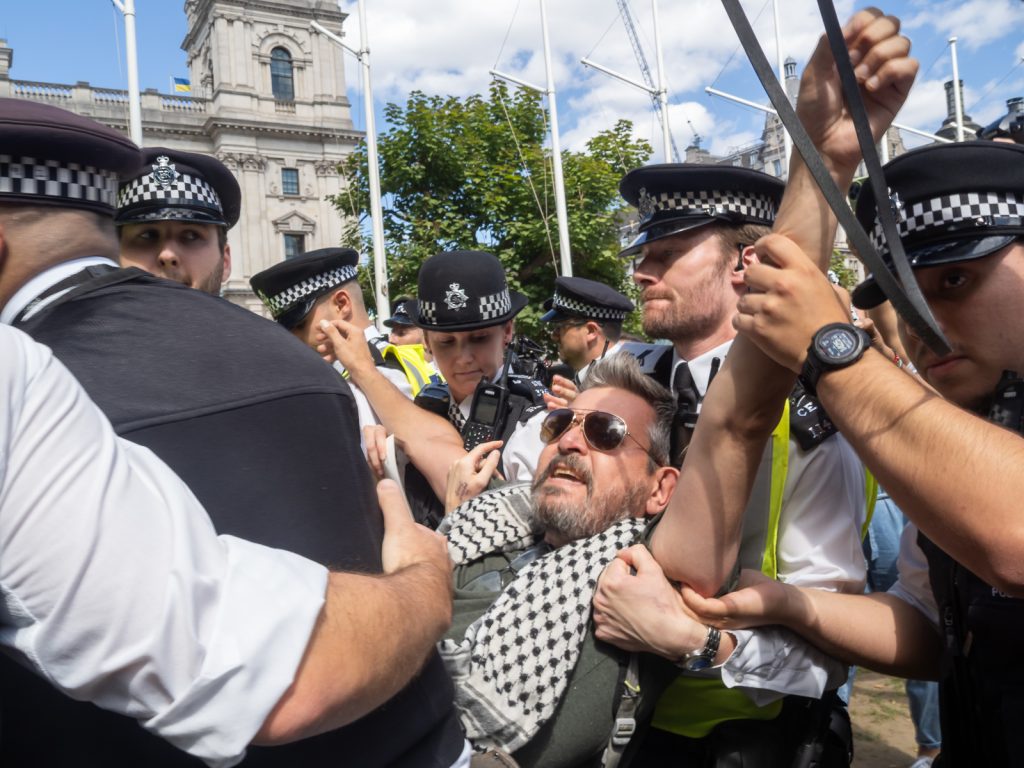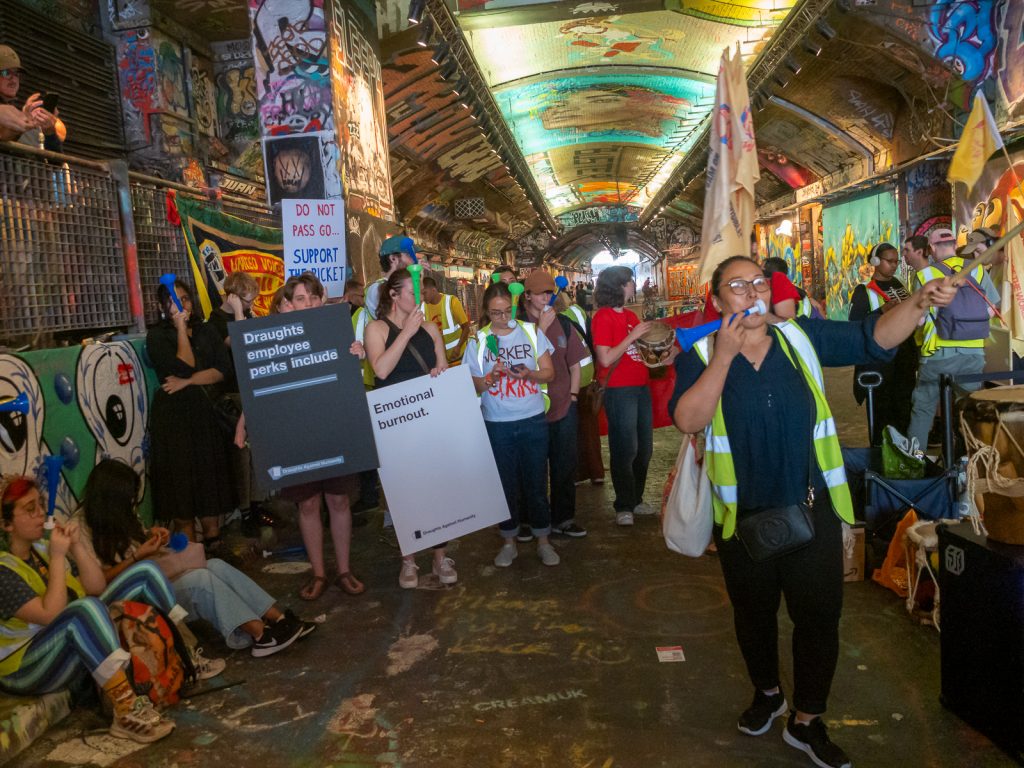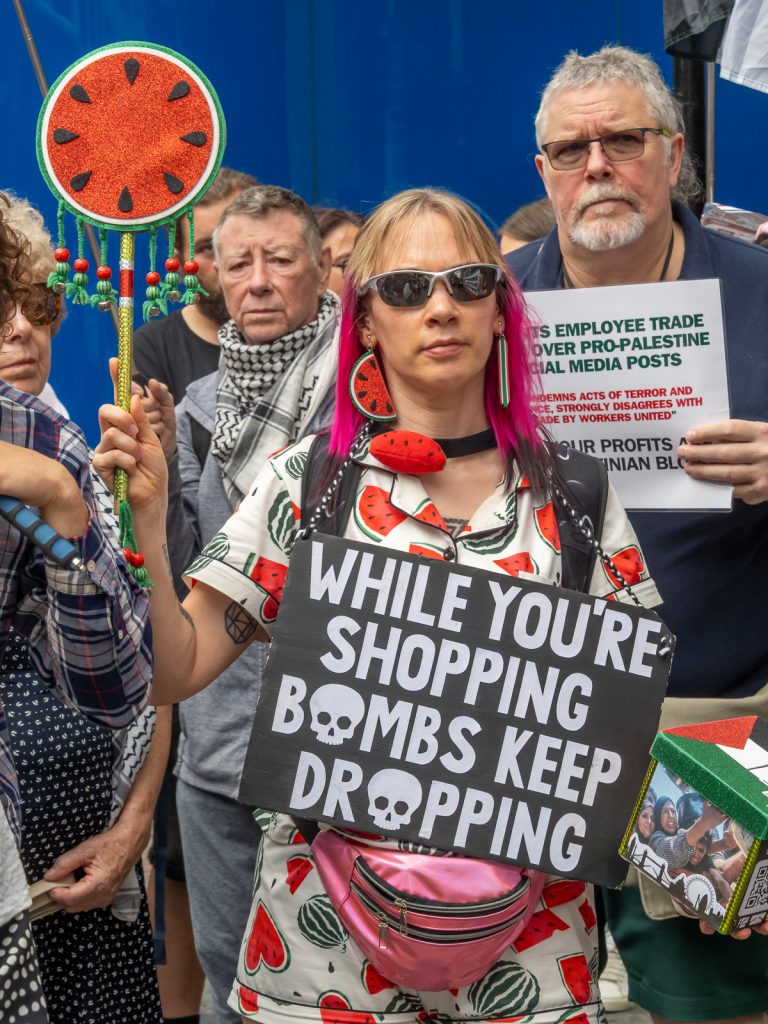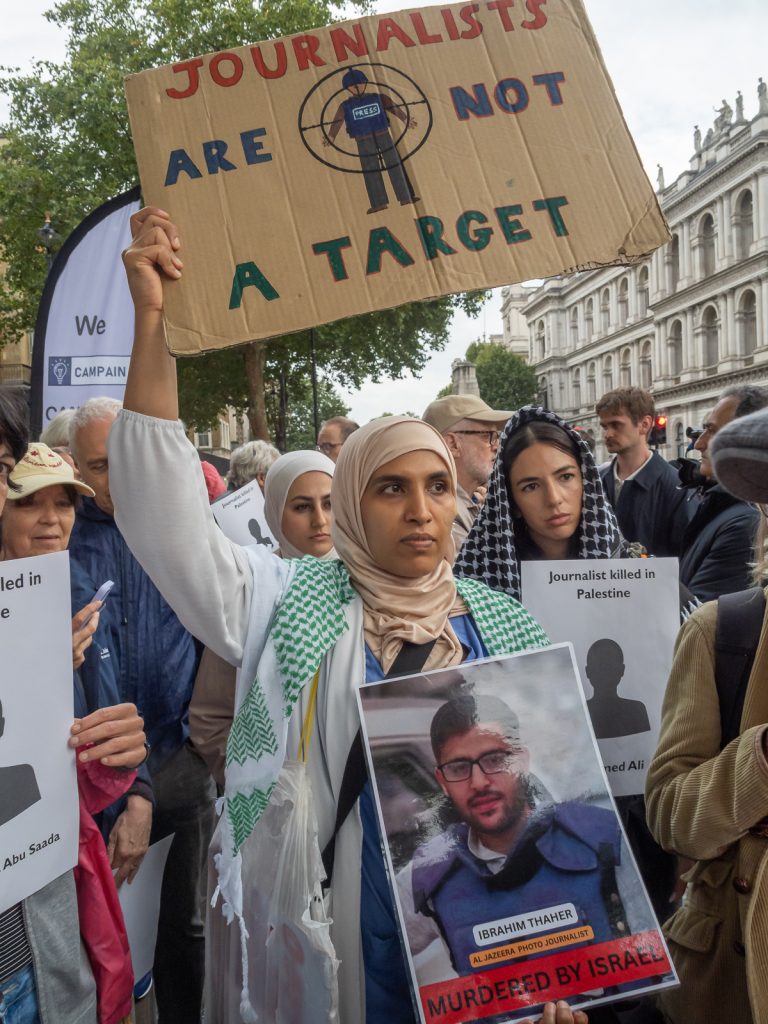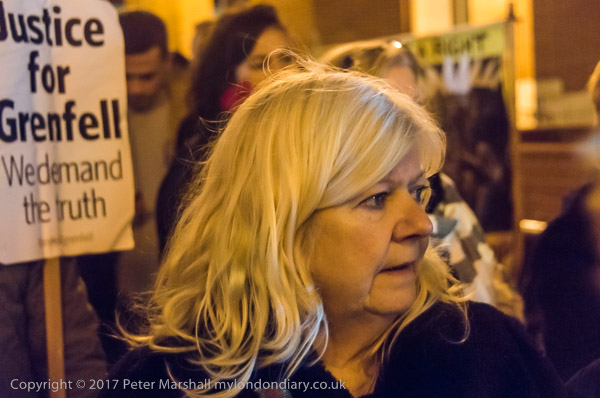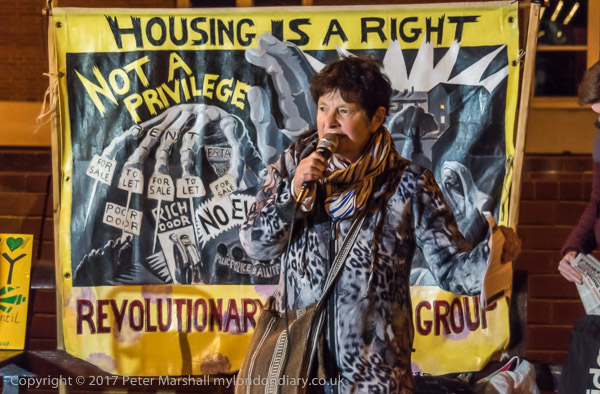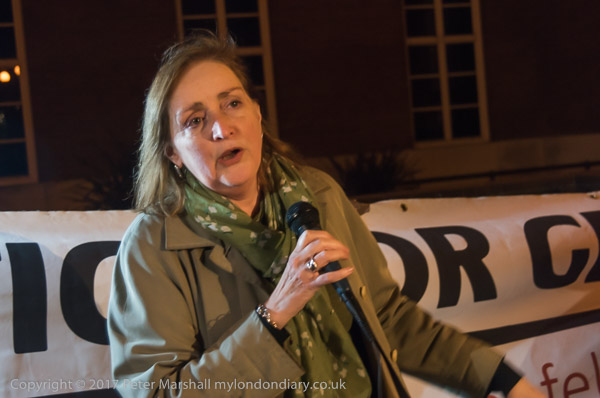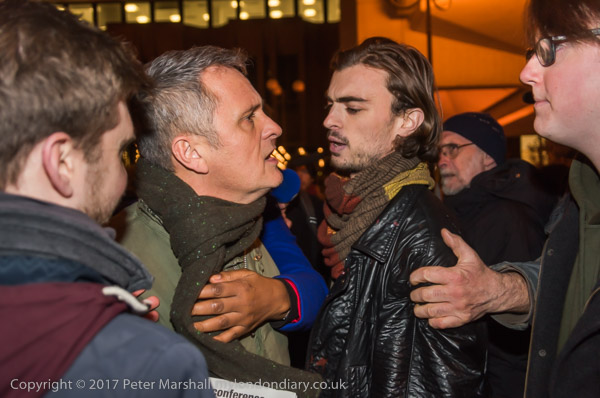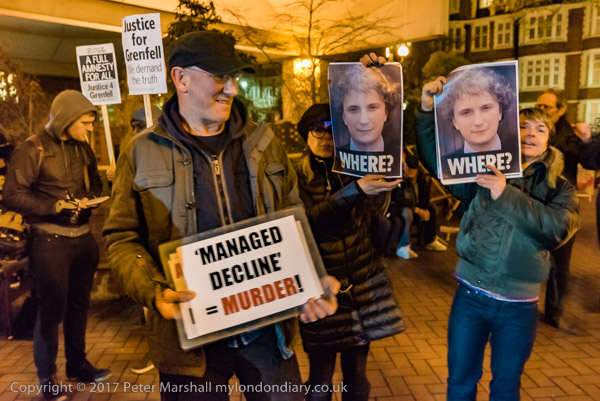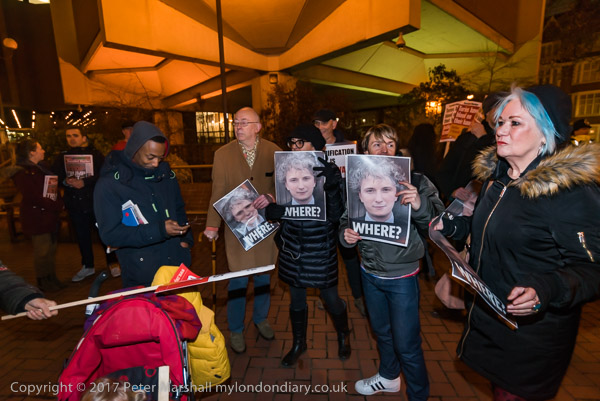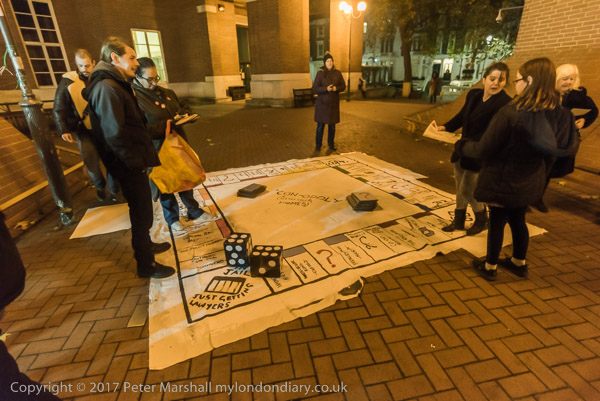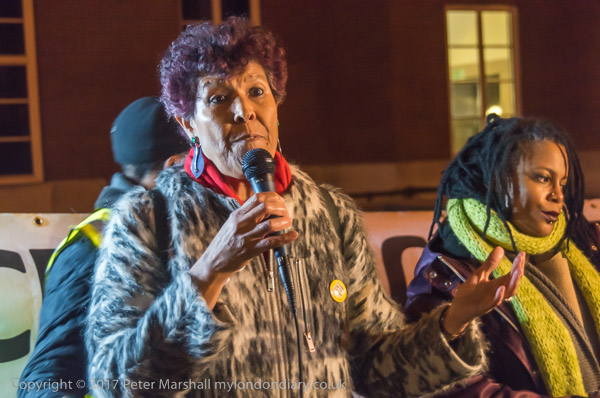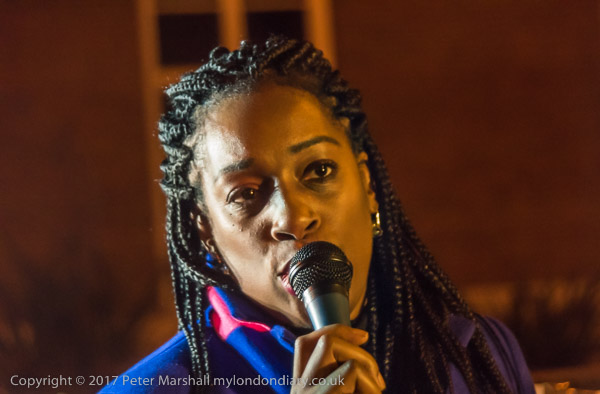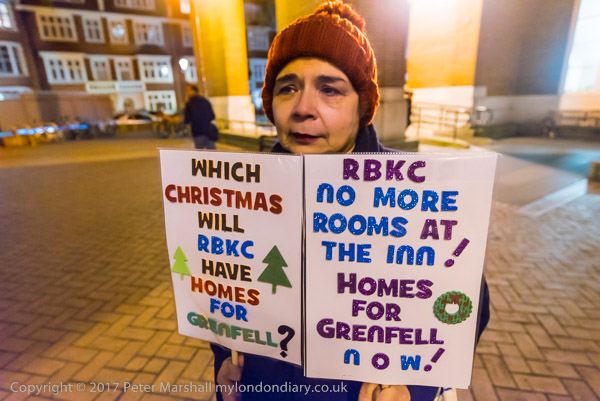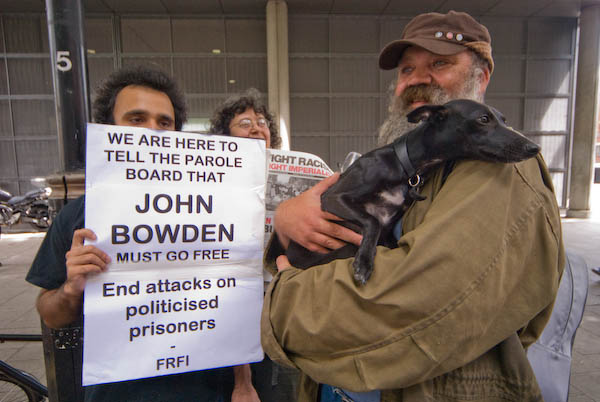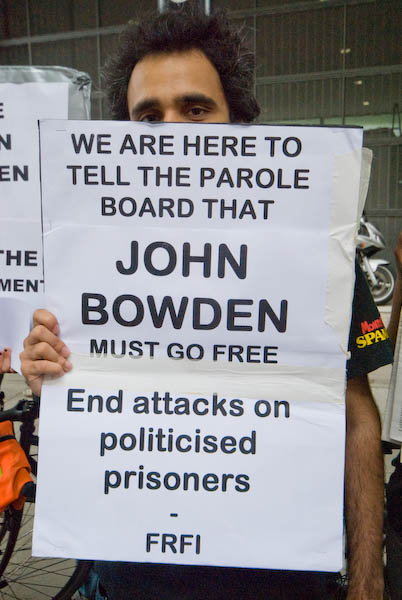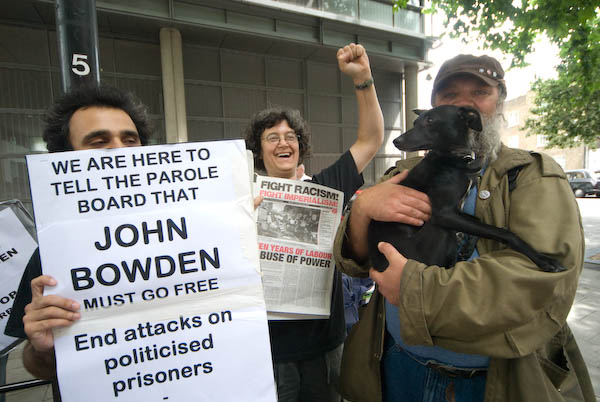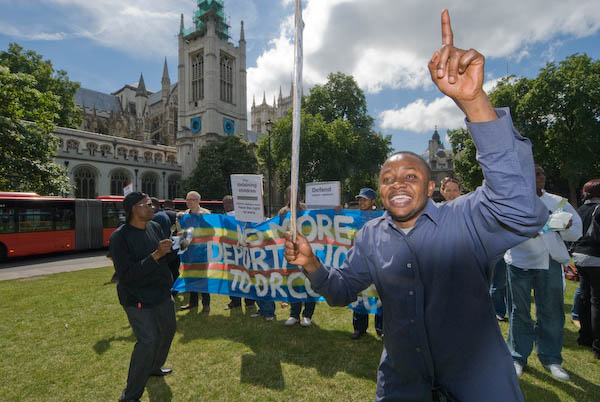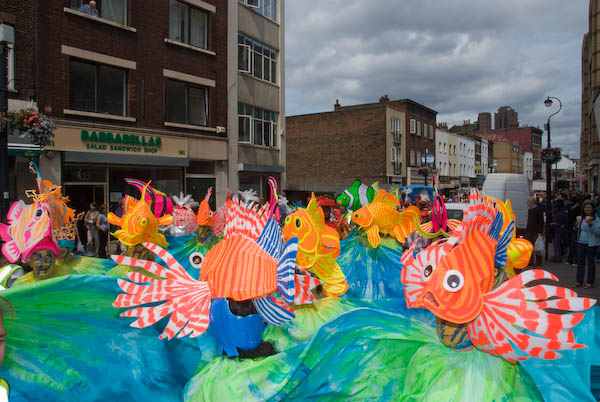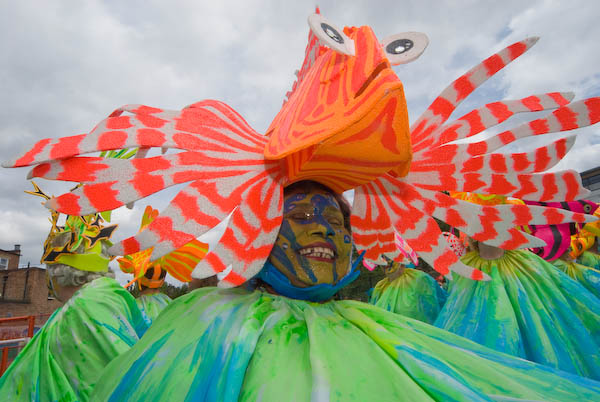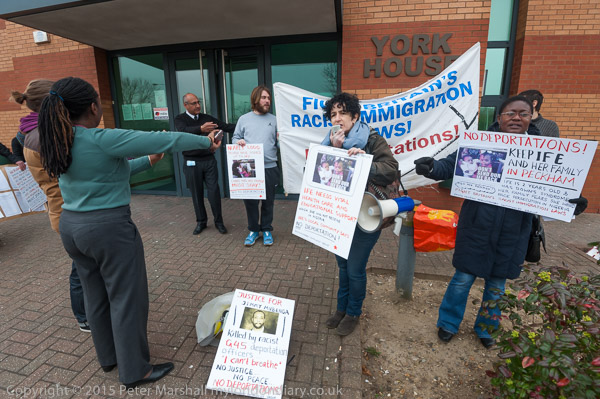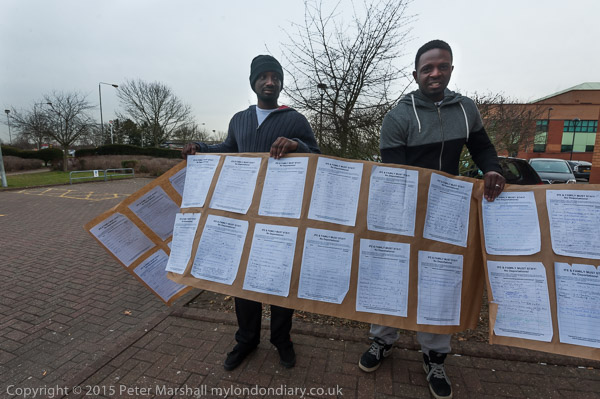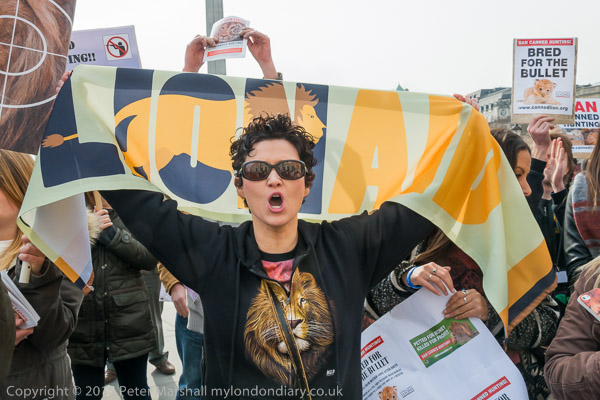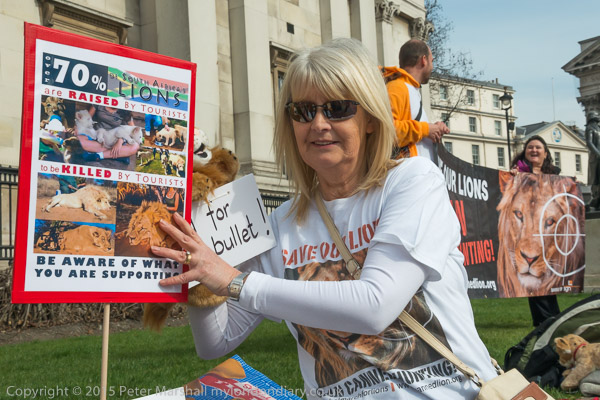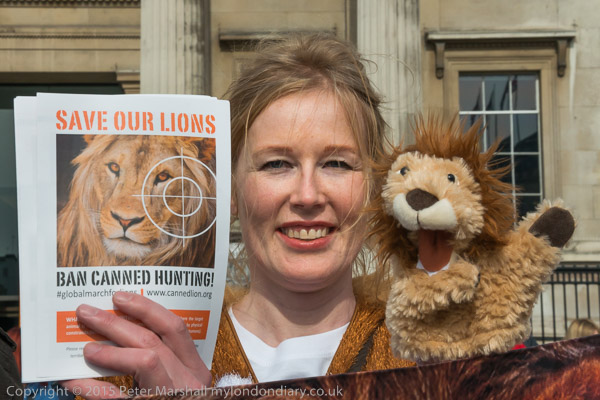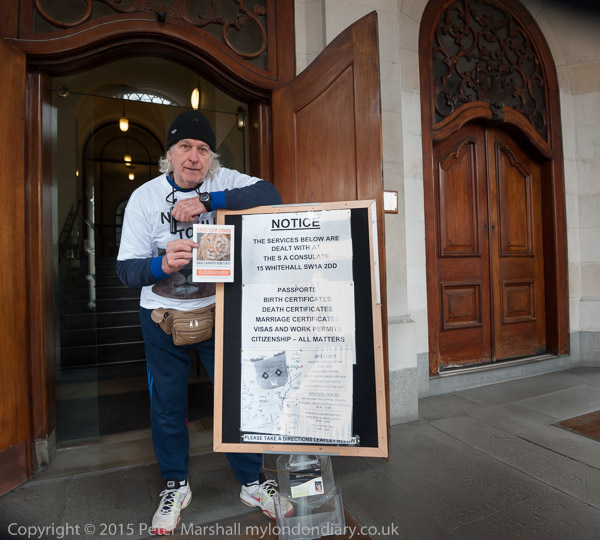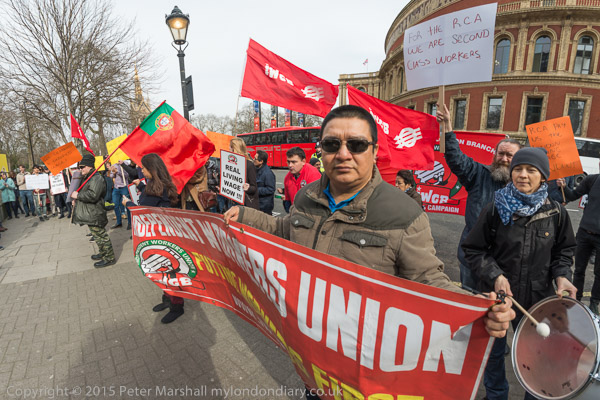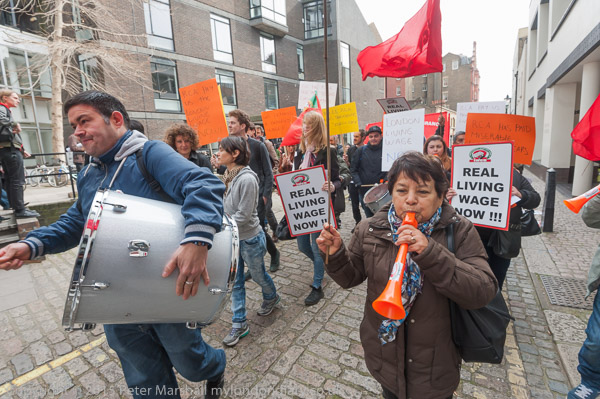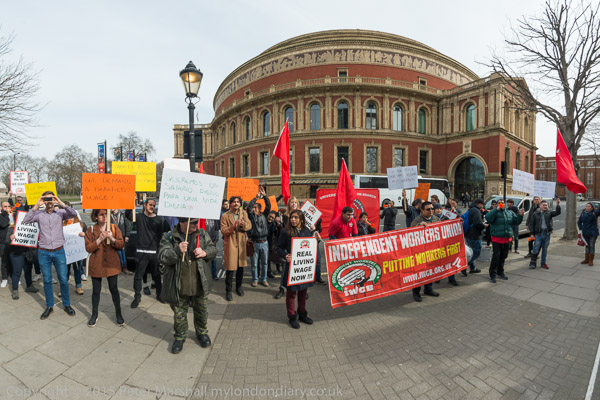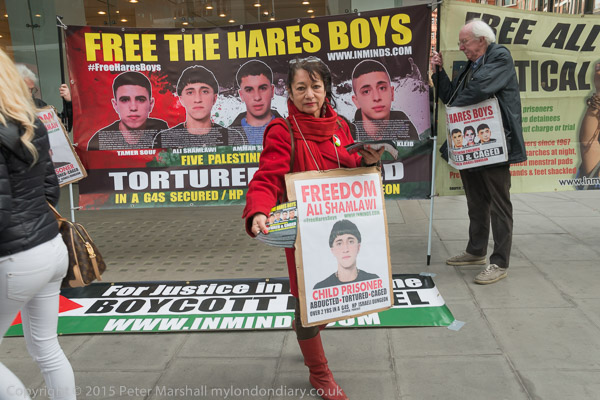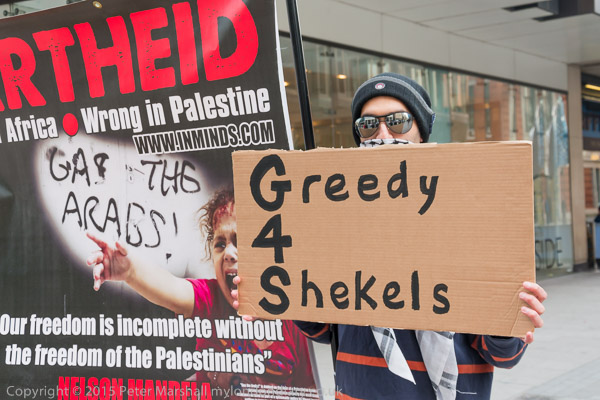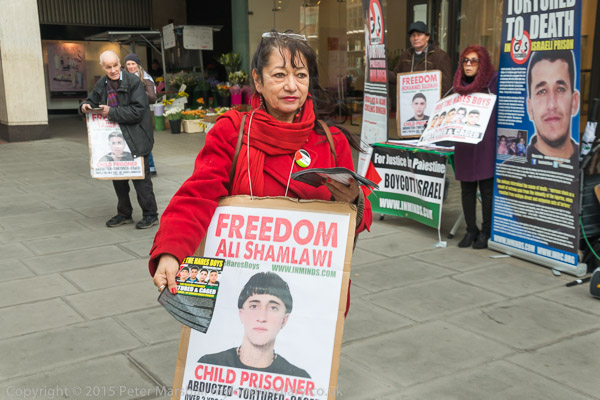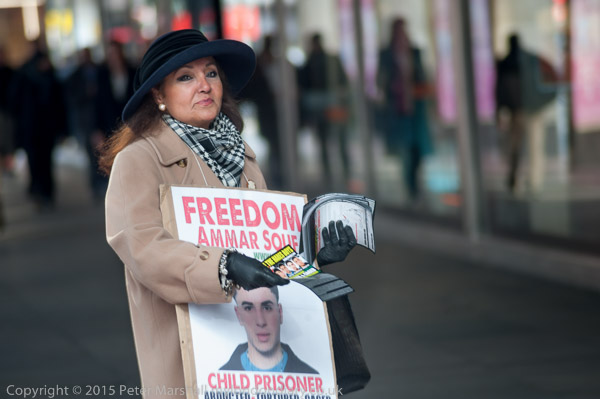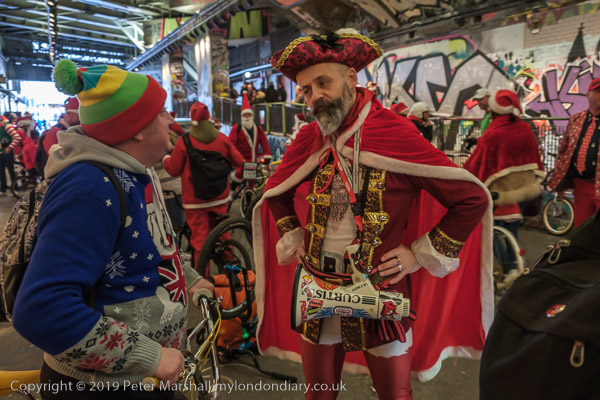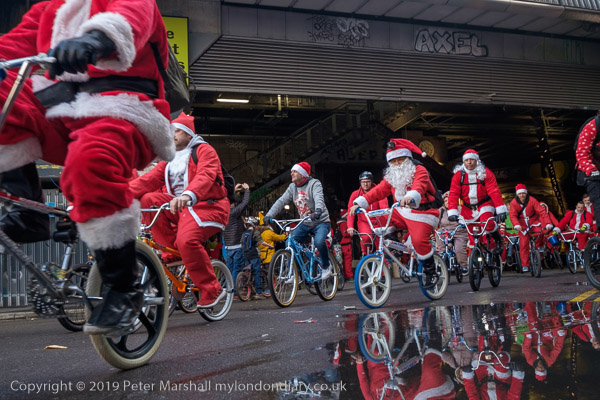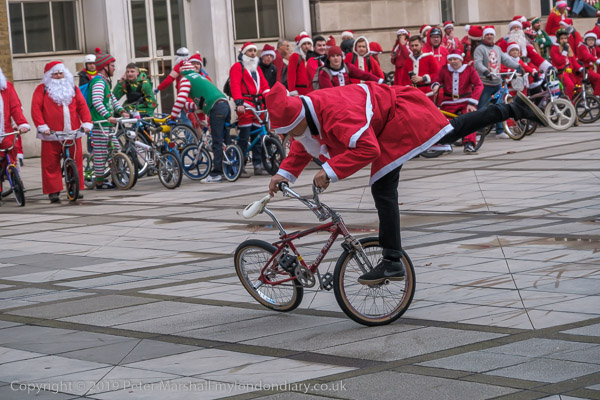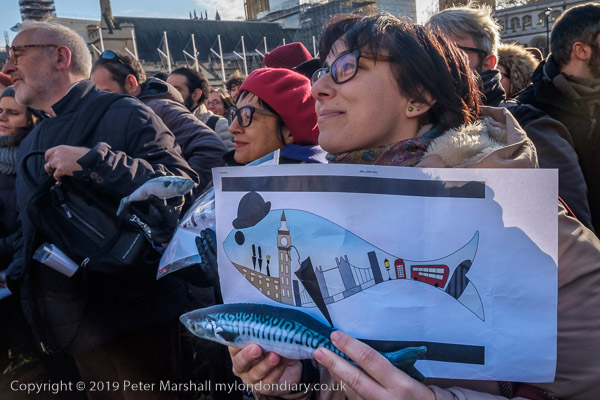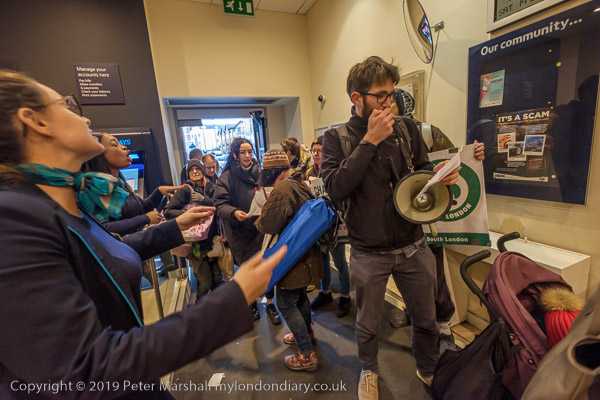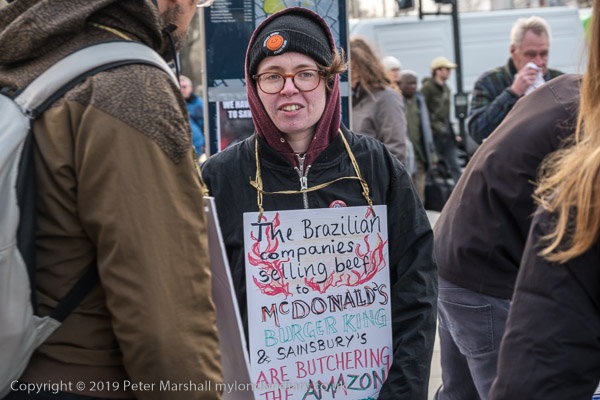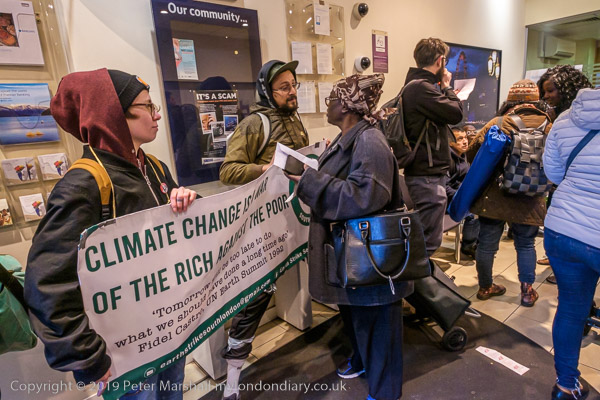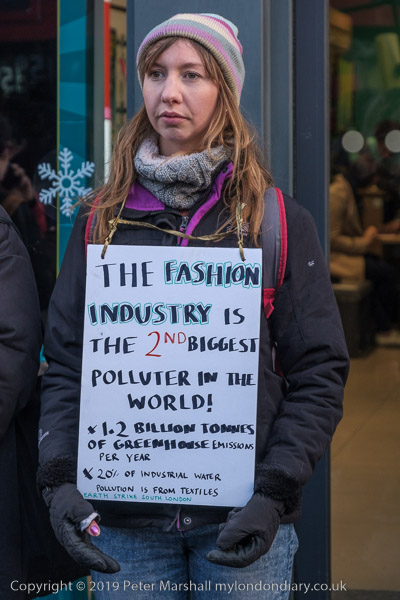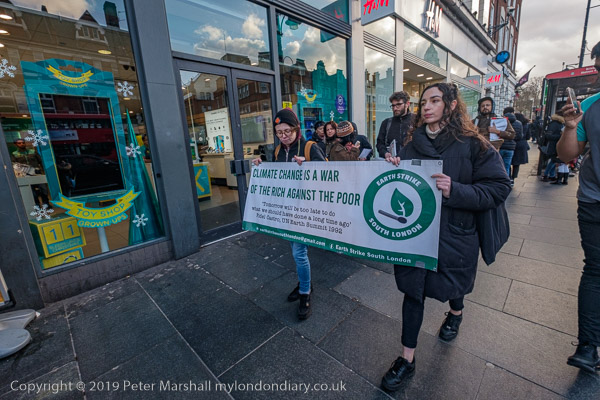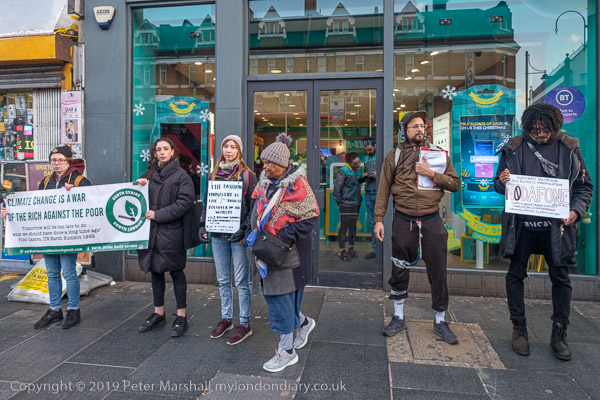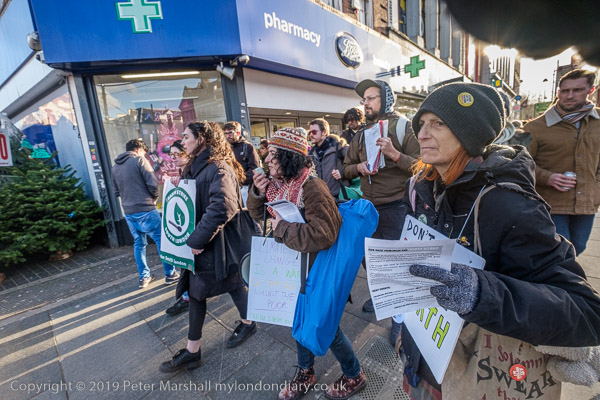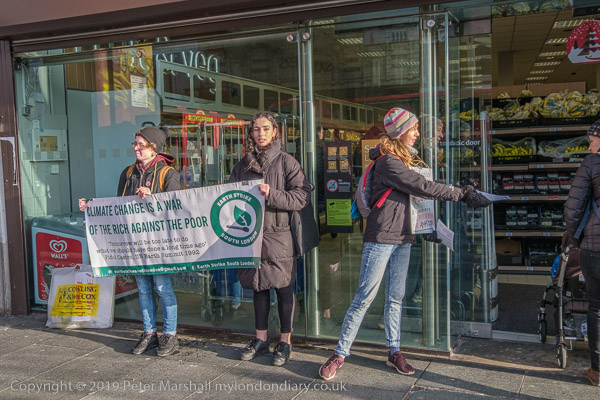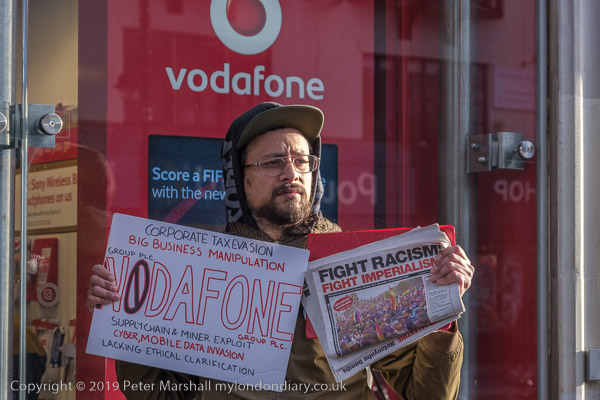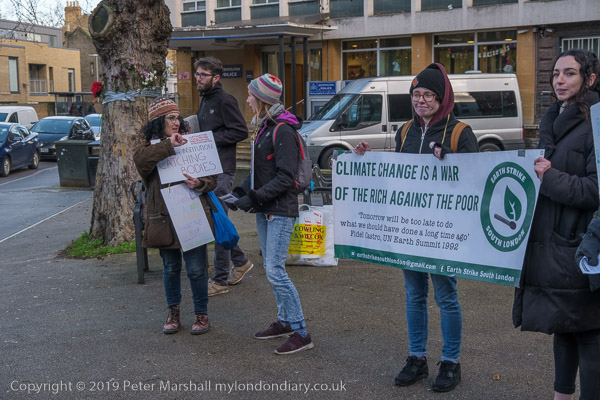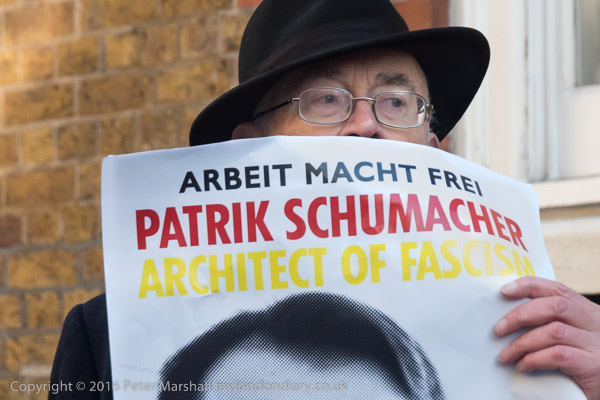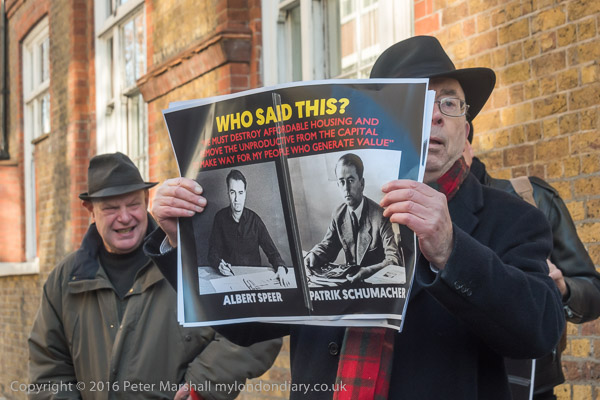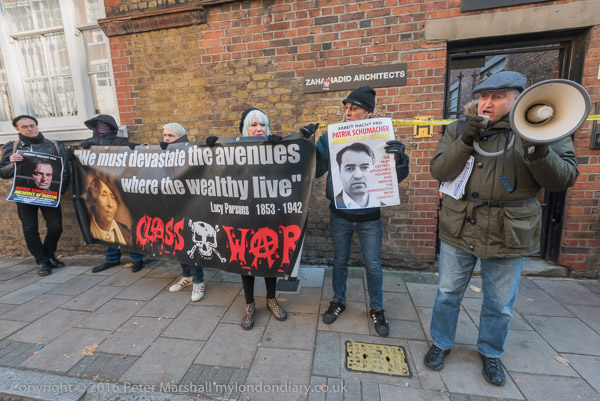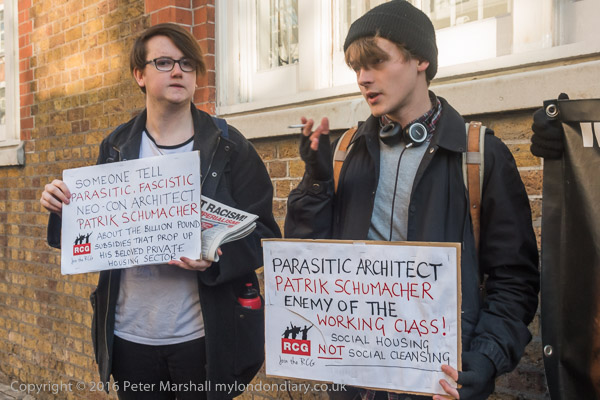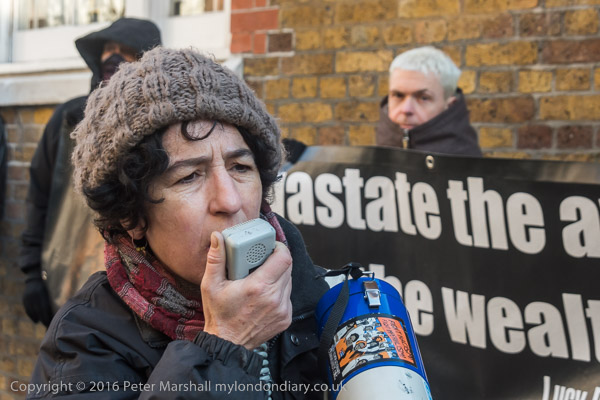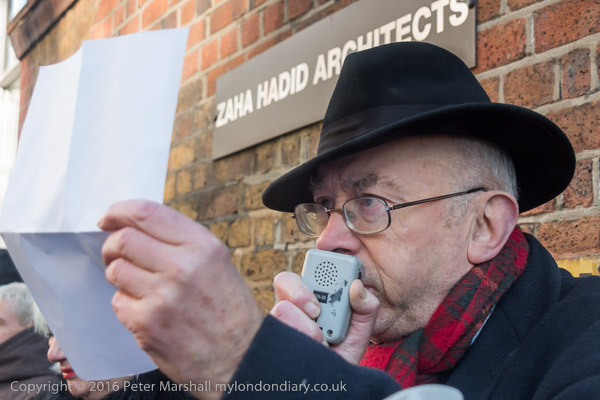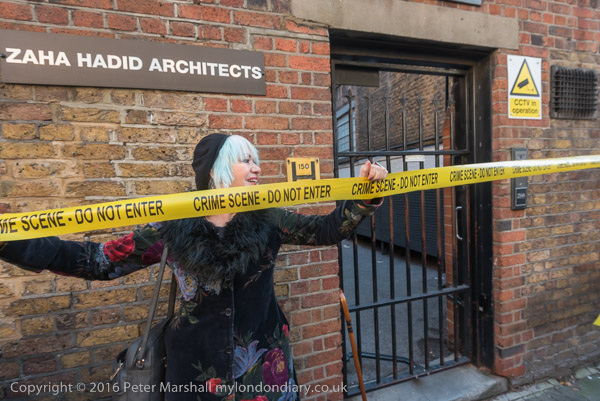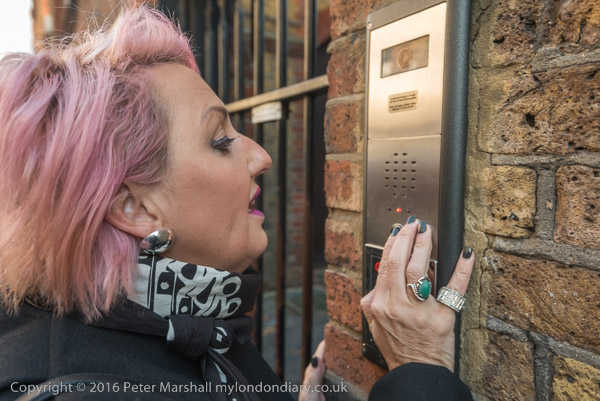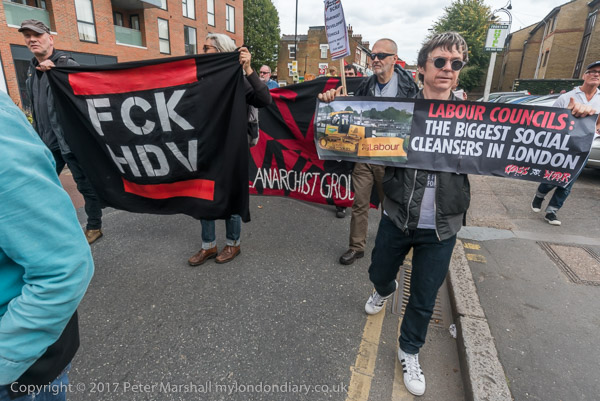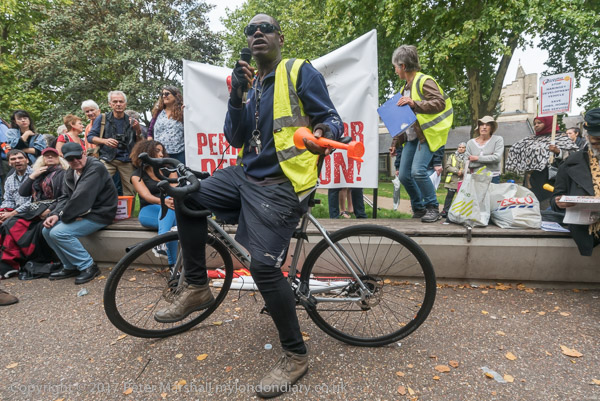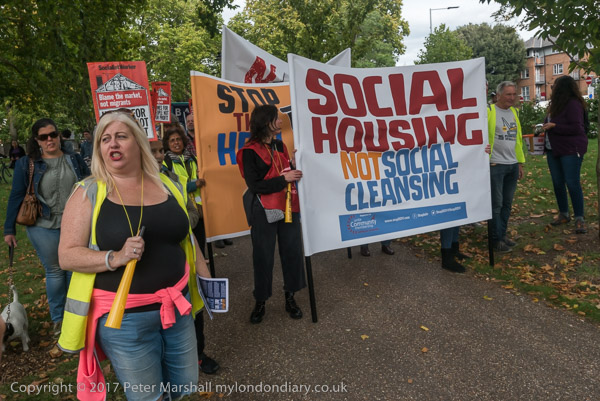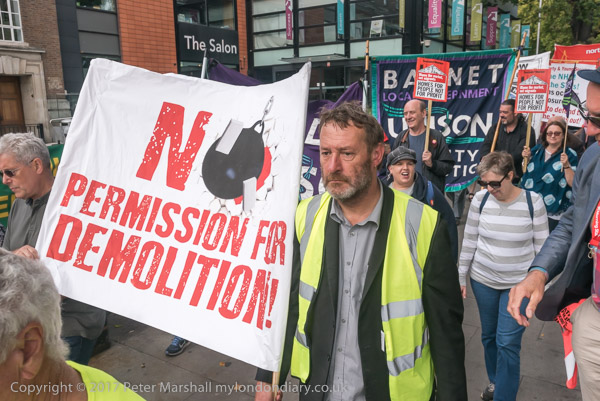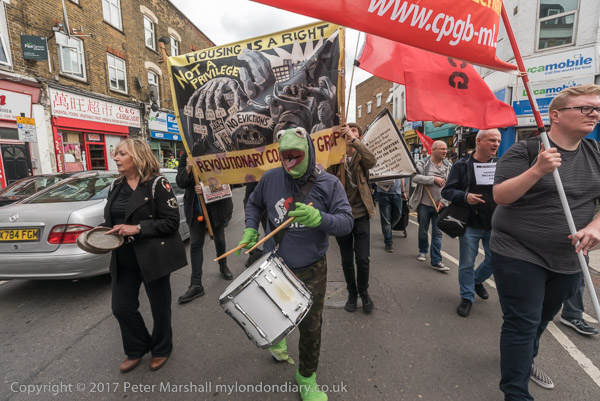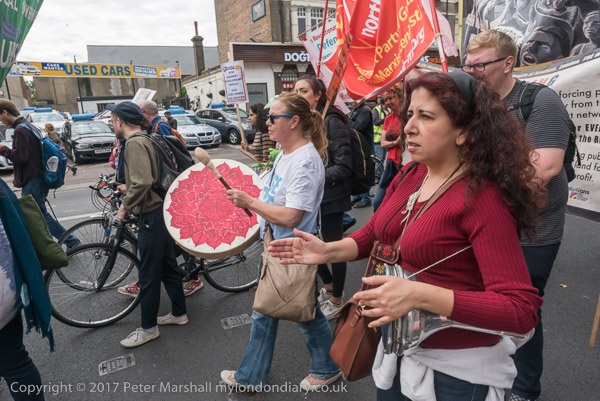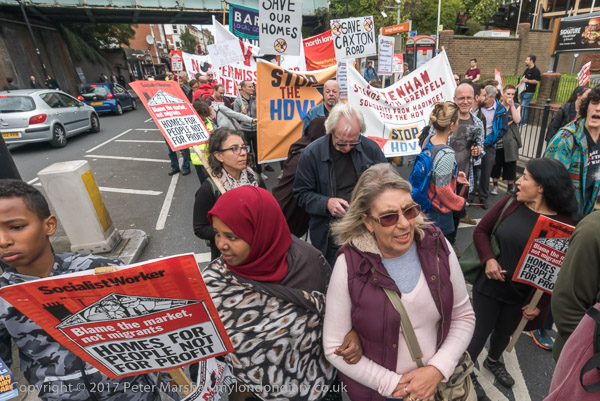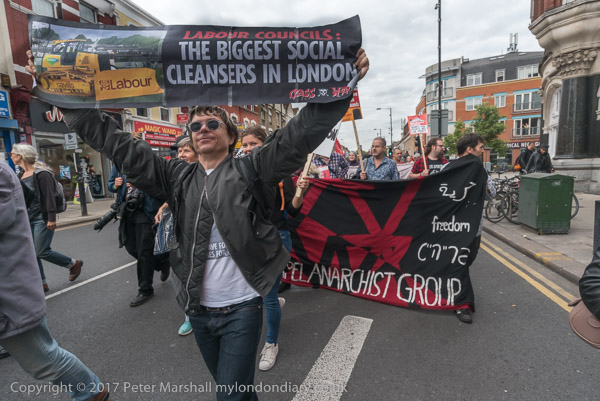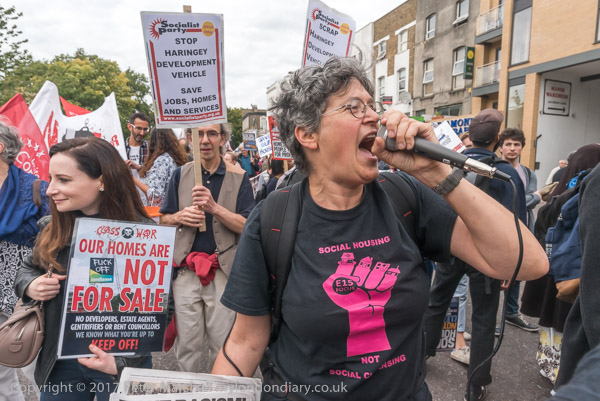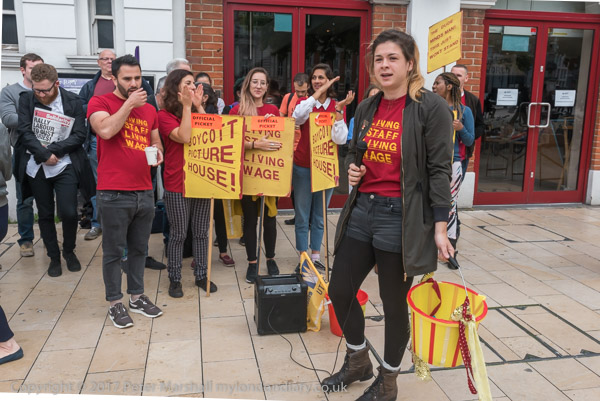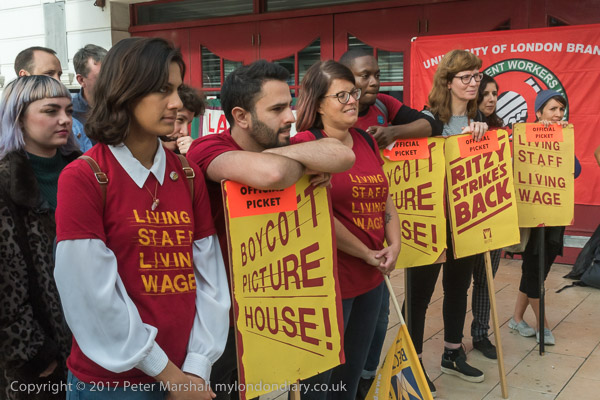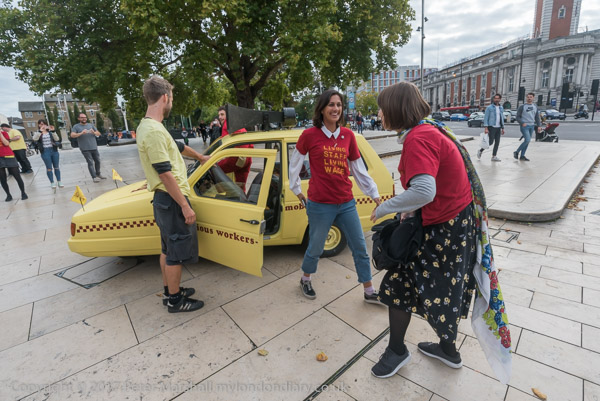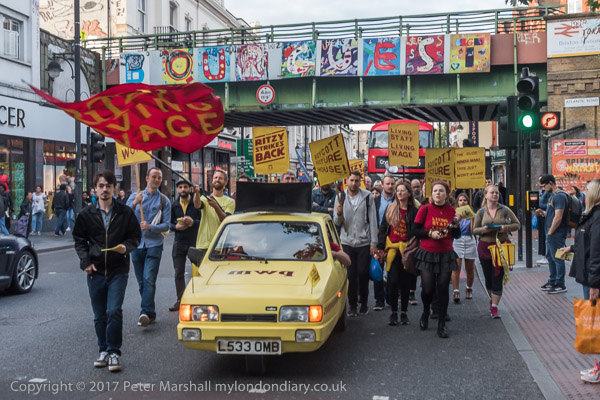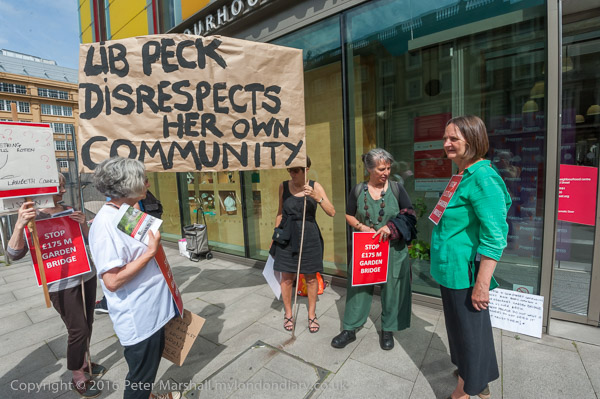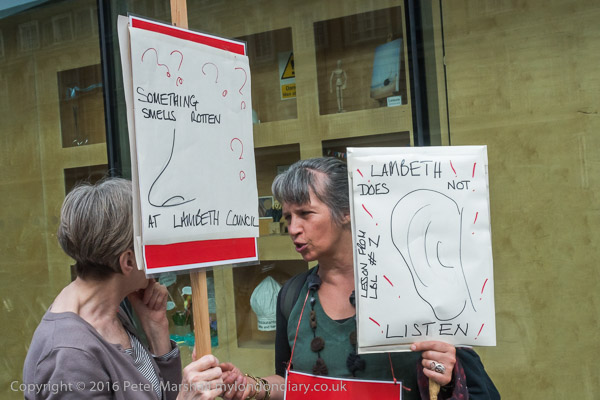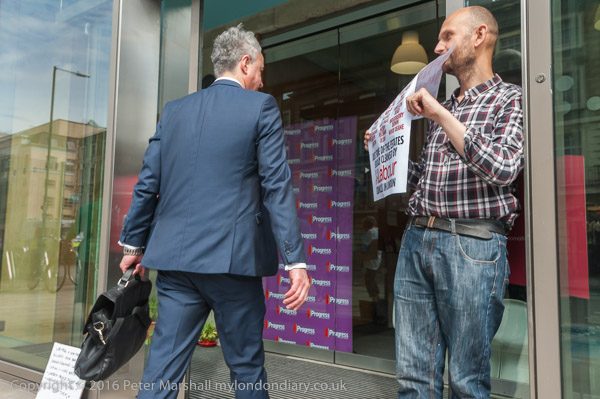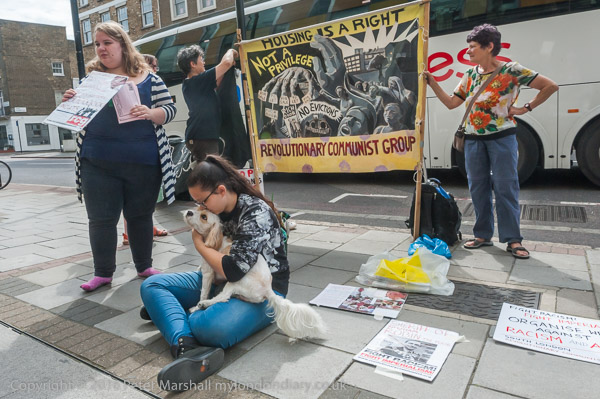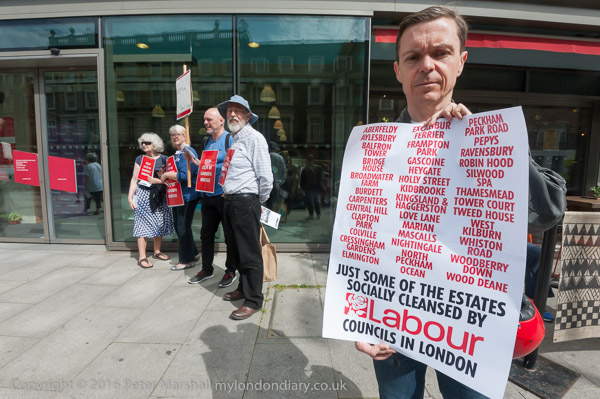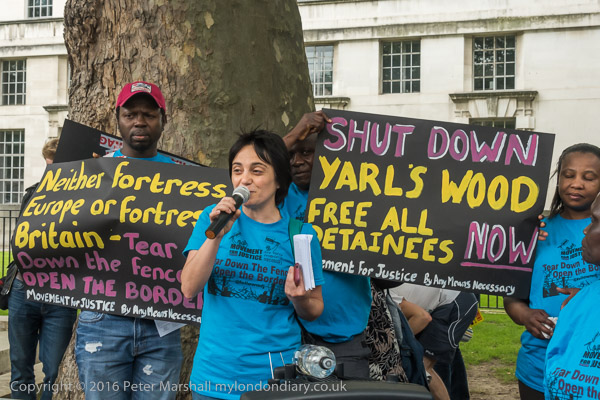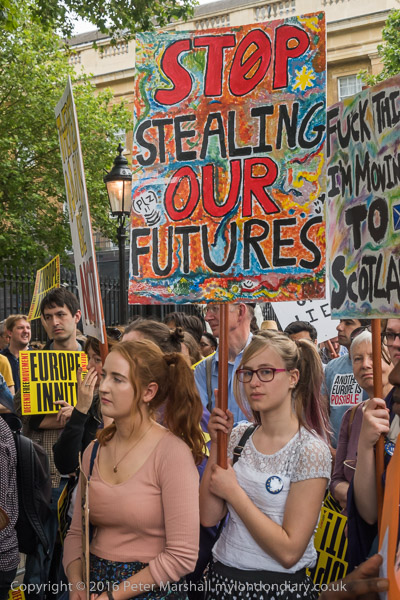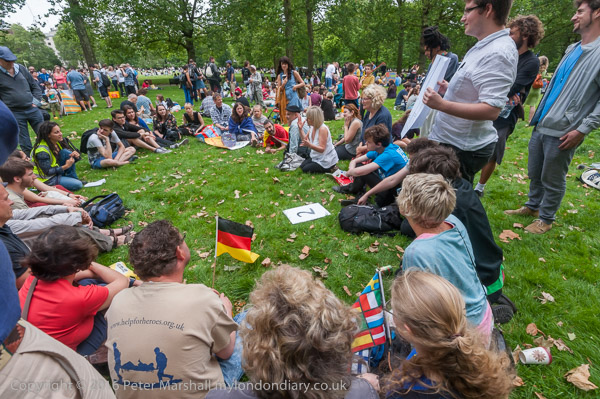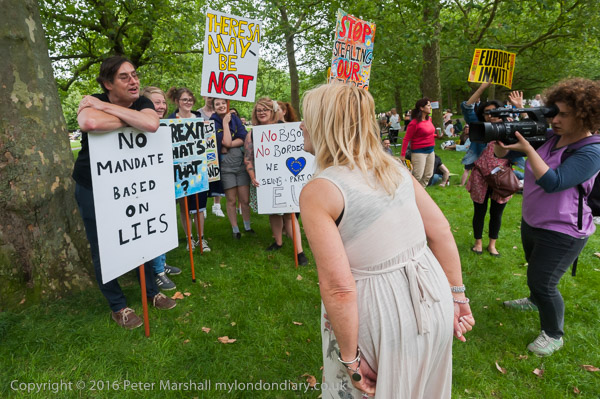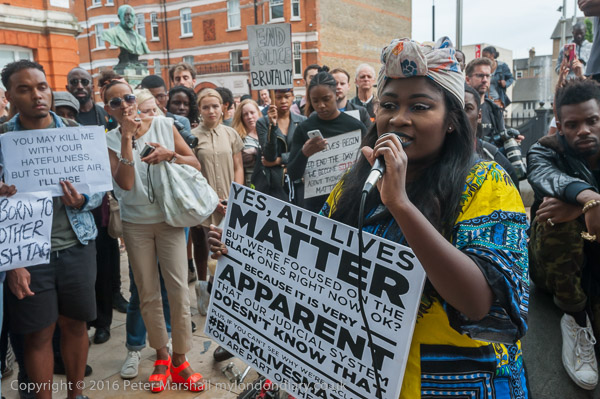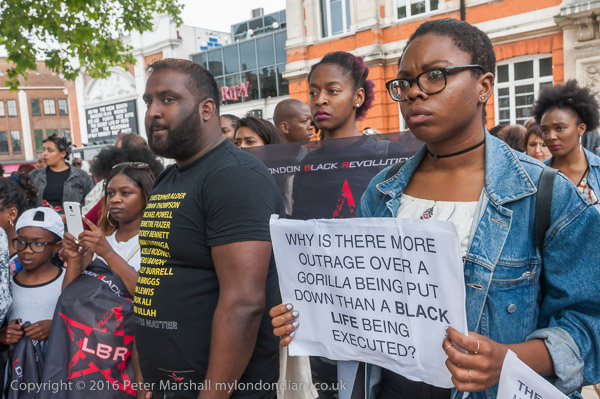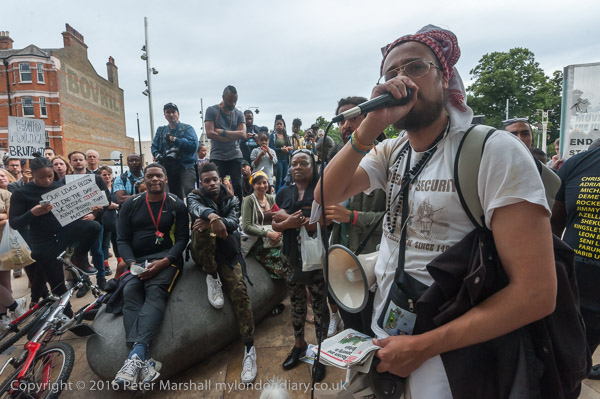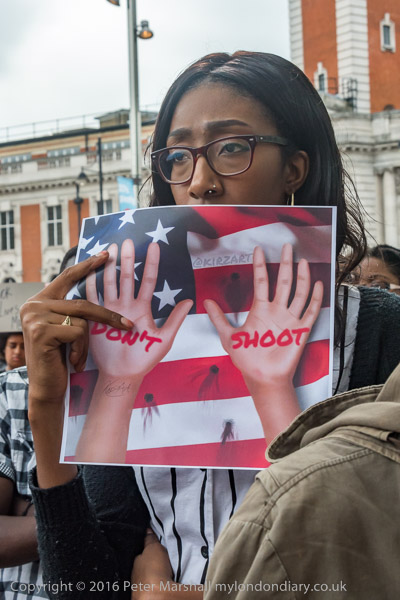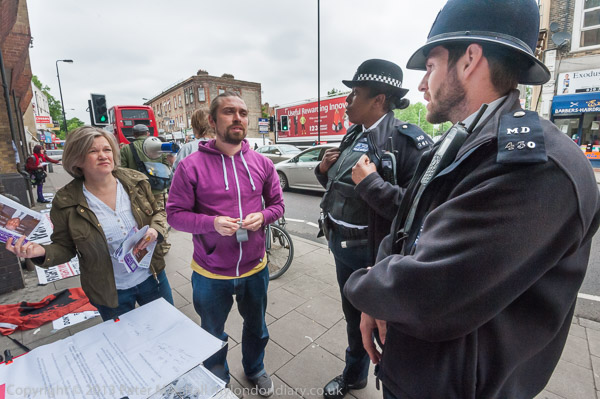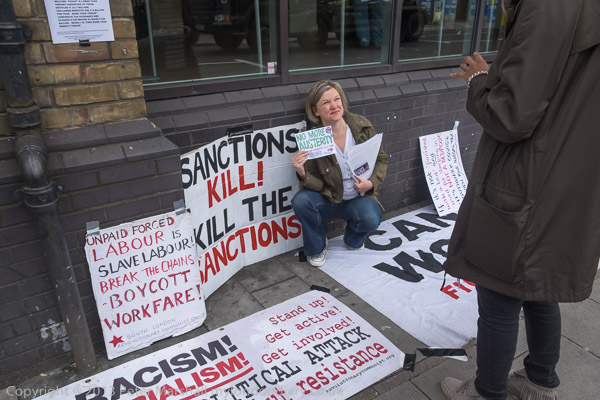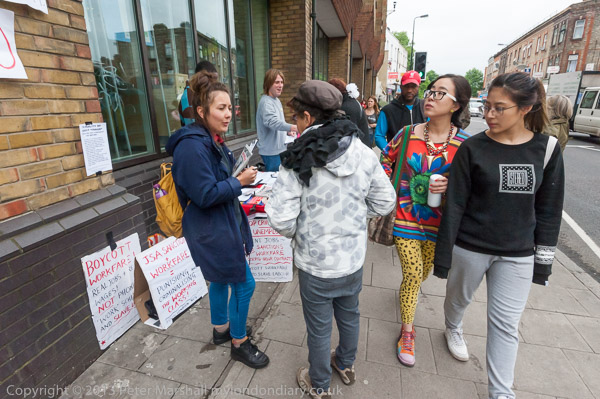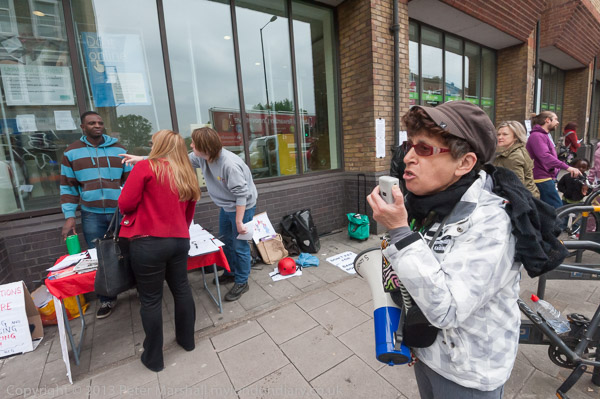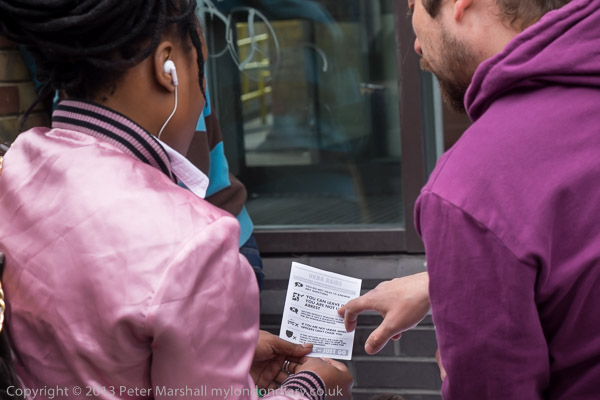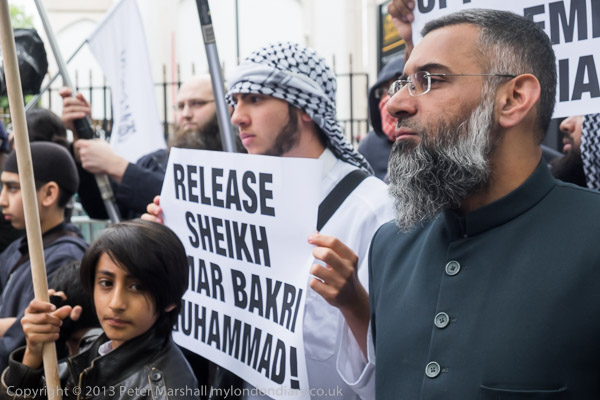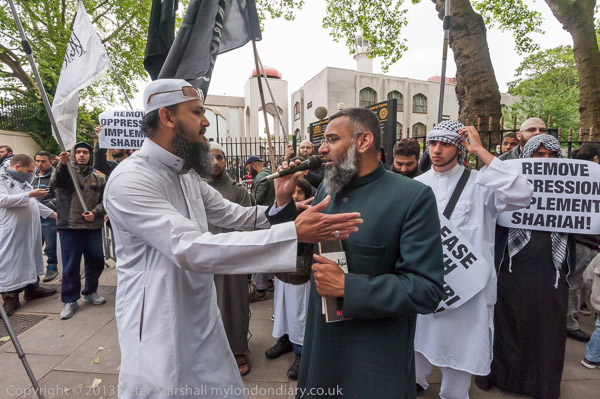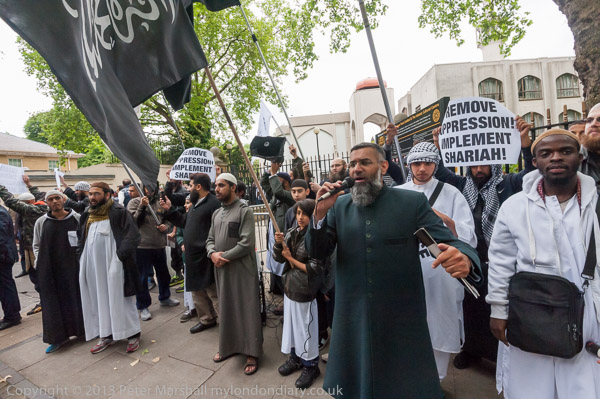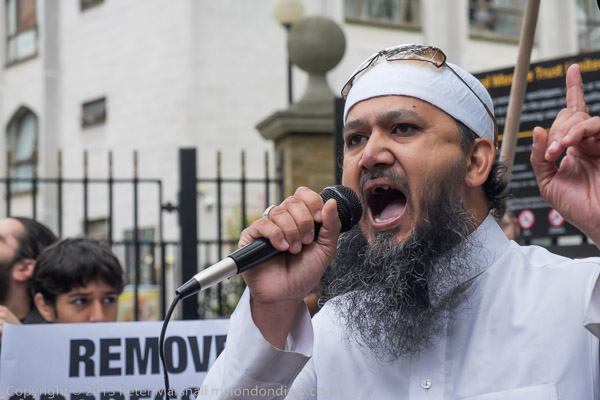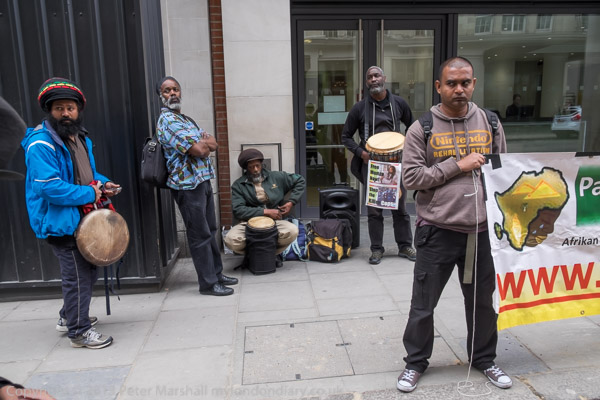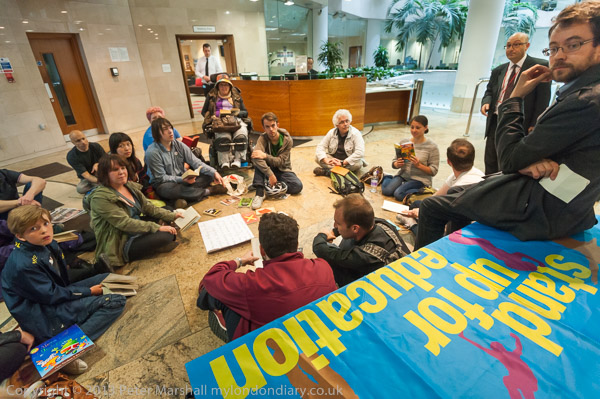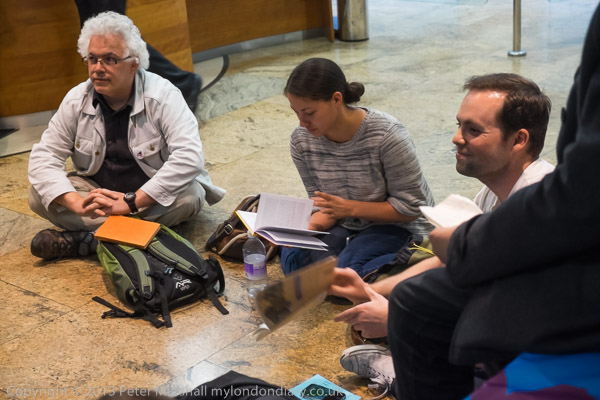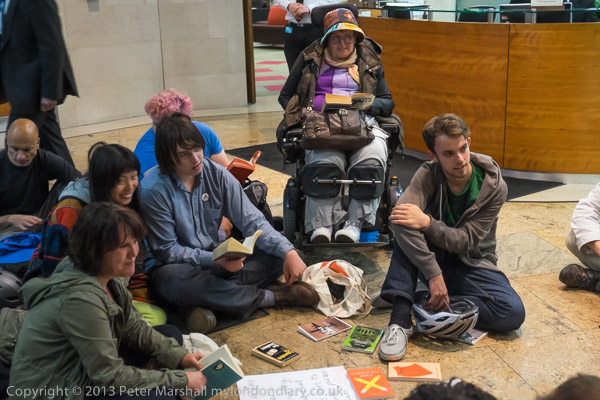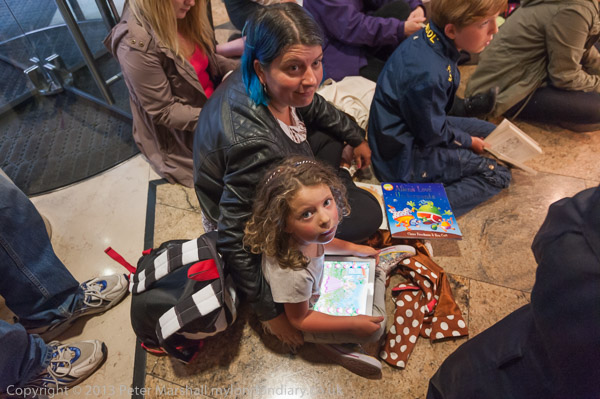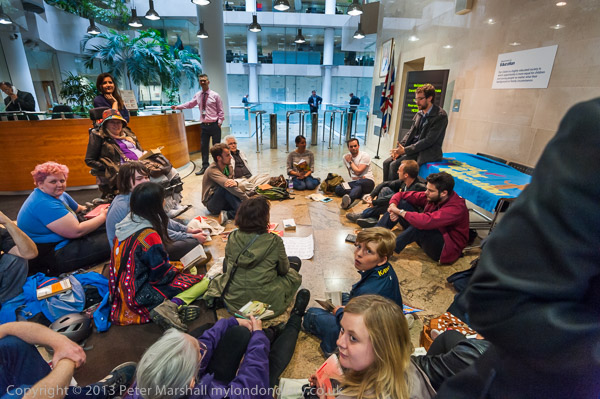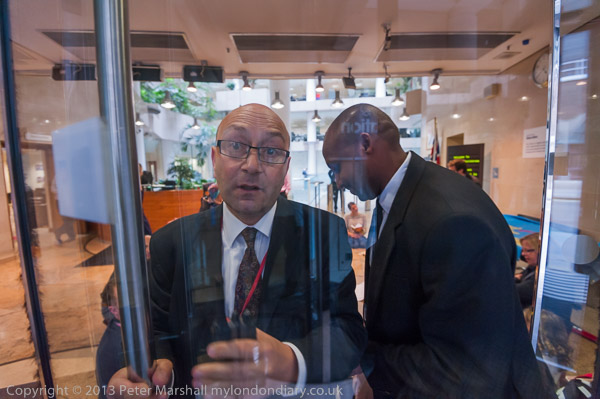Class War’s Lambeth Walk & More London: On Saturday 24th February 2018 Class War celebrated their win in the High Court against the Qatari royal family over their right to protest outside the Shard, where ten £50 million apartments remain empty. I took the opportunity to take a few pictures around the 13 acres of London around the then City Hall, now private land owned by the State of Kuwait, the inappropriately named More London.
Class War’s Lambeth Walk for housing
Southwark
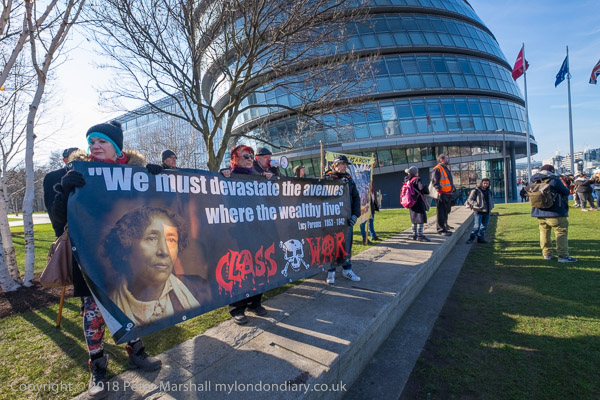
Class War and friends met at Potters Fields next to City Hall and facing Tower Bridge, for a protest celebrating their court victory and a part of their ongoing campaign for more social housing to meet the needs of the people of London.
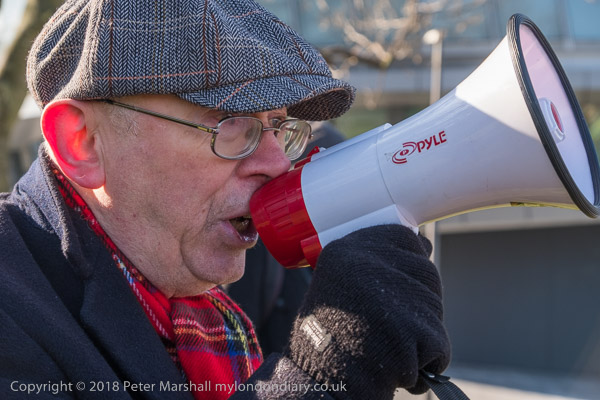
London councils have huge waiting lists for homes, private rents are hugely expensive and house prices out of the reach of those even in many professional jobs let alone most working people.
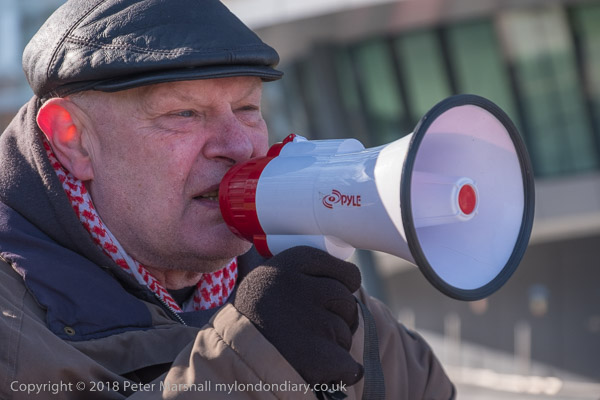
But increasingly London councils – particularly in boroughs including Southwark, Lambeth and Newham but across the city are carrying out schemes with private devlopers to demolish council estates – such as the Heygate and Aylesbury estates in Southwark and replace these with expensive private developments with token amounts of affordable properties – which at up to 80% of market cost – are not affordable to the mass of London’s population.
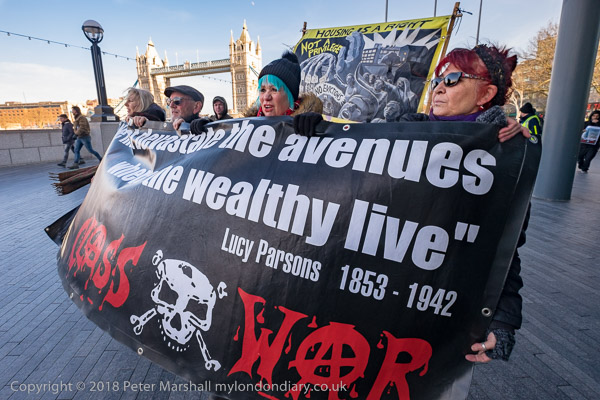
Many properties on these new developments are sold across the world to private investors, many even before they are built, advertised and strongly promoted particularly in the Far East. The rapid increases in London property prices makes them a highly profitable investment. Many of these investment properties are left empty, or perhaps visited for a few weeks a year.
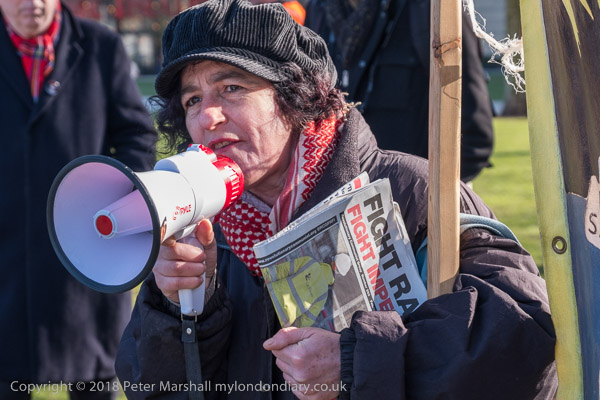
London desperately needs more housing, but not empty boxes. As the speakers at the rally in front of City Hall pointed out, what it needs is social housing that Londoners can afford.
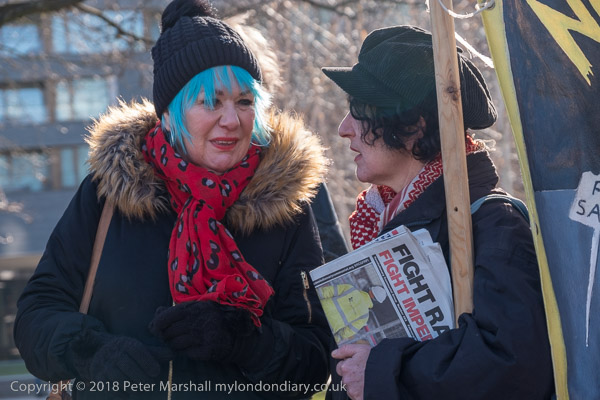
The campaigners called for the thousands of empty buildings in London – and across the country – including those empty £50 million flats in the Shard – to be taken over and used to house the homeless.
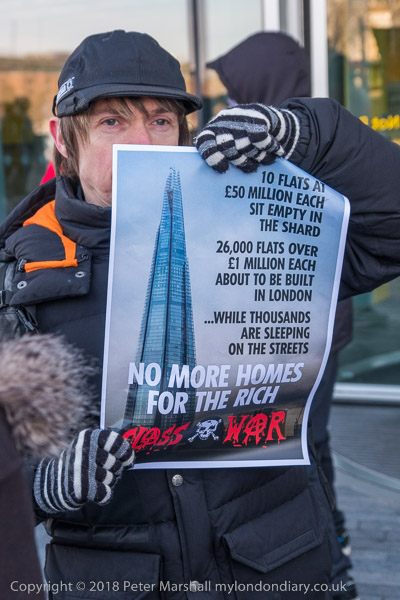
Class War had brought their ‘Lucy Parsons’ banner with the message from the famous American anarchist “We must devastate the avenues where the wealthy live“, but they were instead calling for them to be used to house the poor. Among those who joined them were the the RCG – Revolutionary Communist Group – with their banner banner with its message ‘HOUSING IS A RIGHT – NOT A PRIVILEGE‘.
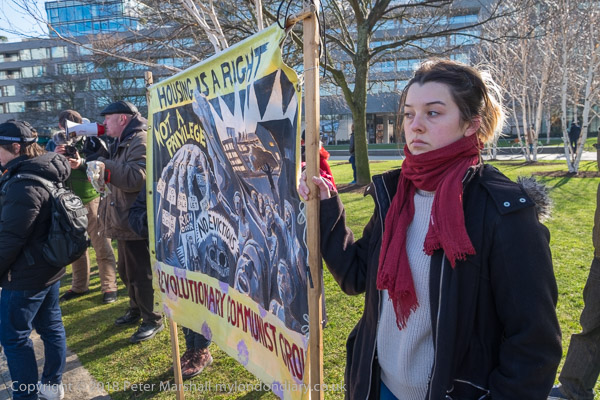
Among the speakers was Whitechapel anarchist Martin Wright who pointed out that the coming cold snap next week will probably be “another Grenfell“, likely to kill at least 80 people of the thousands who are sleeping on the streets.
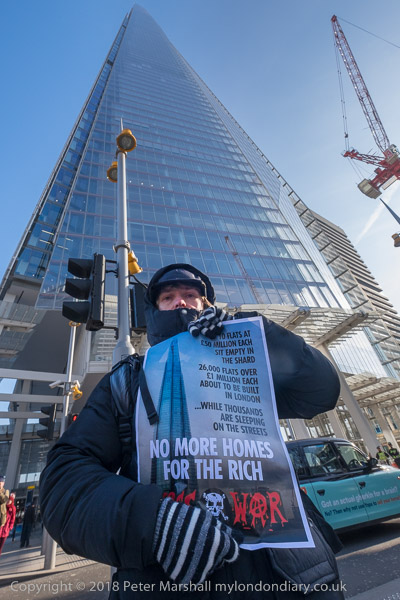
The protesters had intended to dance the Lambeth Walk from the rally at City Hall to another at the Shard, led by ukuleles, but only one ukulele player turned up and so they simply marched with banners.
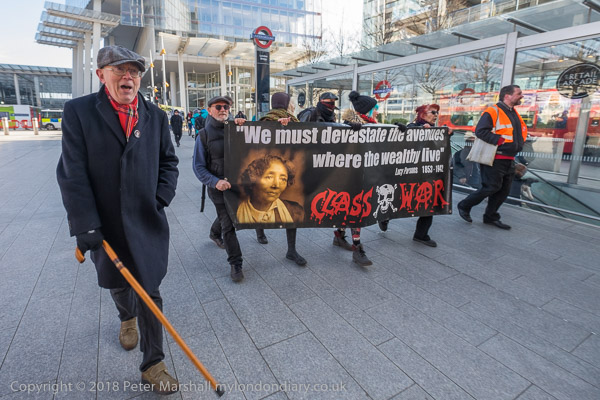
Because of the cold, the rally opposite the Shard was a short one and ended with Class War amusing themselves by mounting a mock charge on the offices of Murdoch’s News UK, publishers of The Times and The Sun, pulling up sharply just in front of the row of security staff on its steps.
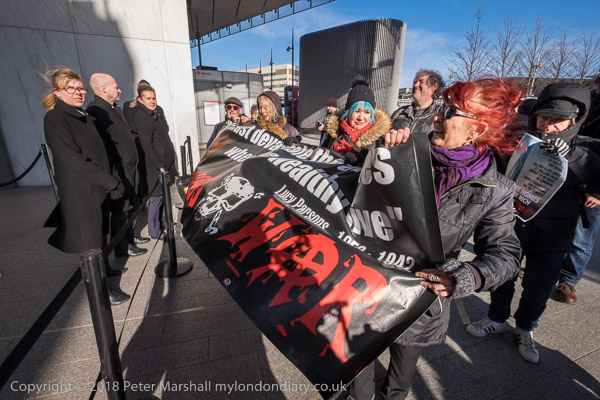
More pictures at Class War’s Lambeth Walk for housing.
More London?
Southwark
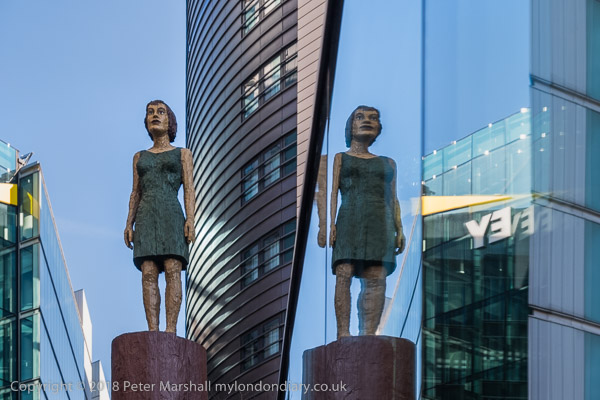
Property developers named the large area once occupied by warehouses and wharves a few yards upstream from Tower Bridge on the Southwark bank of the river ‘More London‘ although the site is owned by Kuwait and the public is allowed to use it, but under some restrictions they set down – as our royals do for London’s Royal Parks.
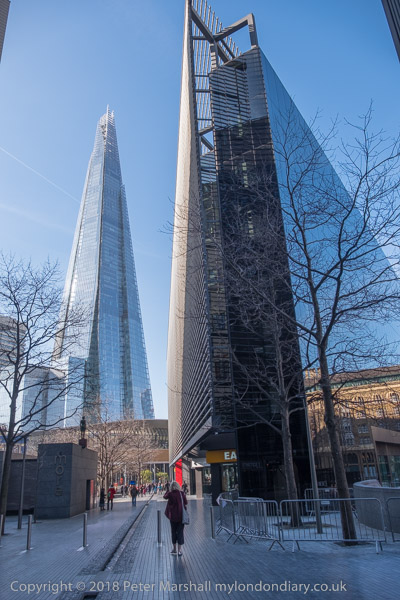
Their large real estate interests in London are run by the English sounding St Martins Property Group – it was founded in 1924 as the St Martins-Le-Grand Property Company Limited but is now wholly owned by the Kuwait sovereign wealth fund, Future Generations Fund.
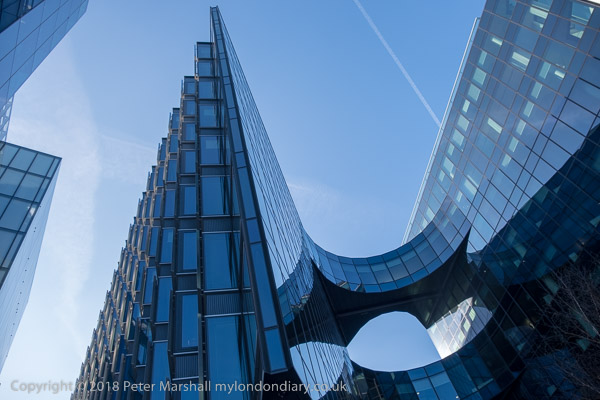
Among their rules are bans on photography and protests. But with thousands or tourists walking its open pathways the photography ban is seldom enforced, though should you look too commercial you are likely to be approached by security personnel who will tell you to stop.
And while they have prevented some protests from taking place and have imposed restrictions on others, protests such as the one on this day by Class War have continued.
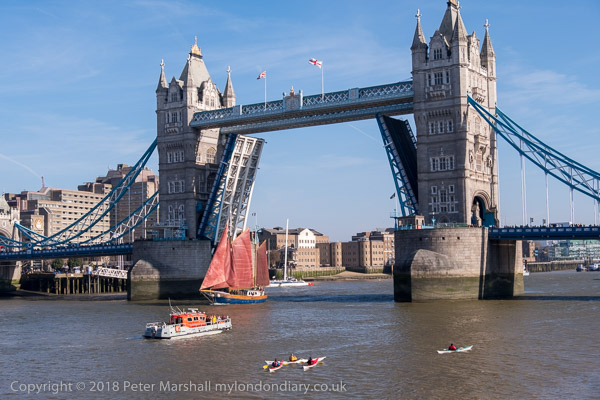
City Hall, in More London was leased from the Kuwaitis from 2002-2021 as the former home of London government, County Hall at Westminster, had been stolen from it by the Thatcher government back in the ’80s. I wrote that I found it shameful that London did not own its own seat of government, and at least the move to The Crystal in the Royal Docks has put that right, unsuitably remote though it is.
But in 2018 I commented “Also shameful that many if not most of the government buildings in Whitehall now have overseas owners, some of them by UK tax dodgers in overseas tax havens. ‘Taking our country back’ from the EU will certainly have little effect at restoring Britain to British ownership.”
More pictures at More London.
Flickr – Facebook – My London Diary – Hull Photos – Lea Valley – Paris
London’s Industrial Heritage – London Photos
All photographs on this page are copyright © Peter Marshall.
Contact me to buy prints or licence to reproduce.
